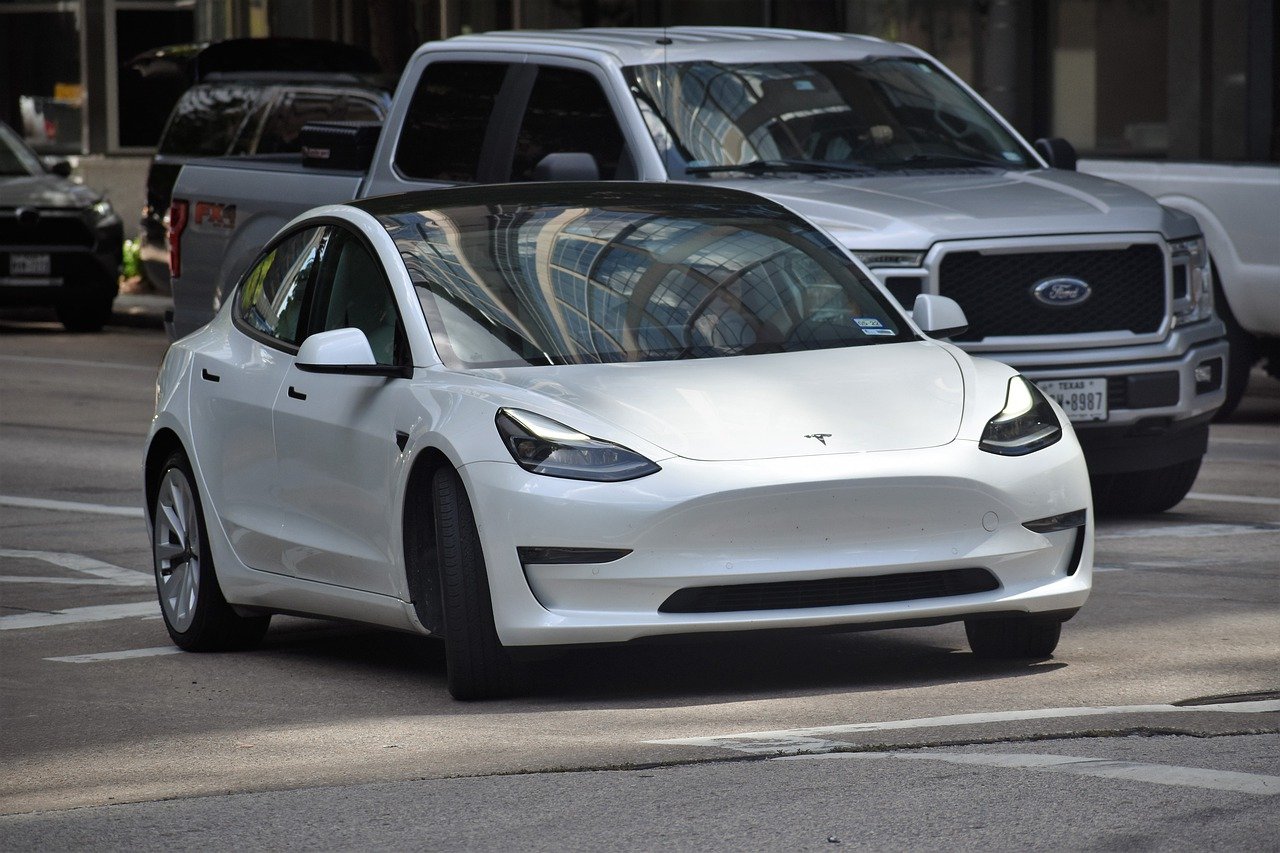Electric vehicles, or EVs, have become a hot topic lately, grabbing headlines and sparking conversations. But what exactly is an EV, and why are people so excited about it? If you’re new to the world of electric cars, you’re in the right place. Let’s break down what EVs are, why they’re transforming the automotive industry, and how they could impact the future of transportation.
Understanding the Basics: What Does EV Stand For?
In simple terms, EV stands for “electric vehicle.” Unlike traditional cars that run on gasoline or diesel, EVs are powered by electricity. They have a large battery that stores electricity, which is then used to power an electric motor, making the car move. This setup eliminates the need for an internal combustion engine, meaning EVs produce zero tailpipe emissions.
This difference in power source is what sets EVs apart. Instead of visiting a gas station, EV drivers recharge their cars at home or at a public charging station. The process is not only cleaner but also often cheaper than filling up a gas tank. But that’s just the beginning of what makes EVs unique.
Types of EVs: More Than One Option
You might think of EVs as a single type of vehicle, but there are actually several categories:
- Battery Electric Vehicles (BEVs): These are fully electric cars with no gas engine. They rely solely on batteries for power, so when the charge runs out, you’ll need to plug in to keep going.
- Plug-in Hybrid Electric Vehicles (PHEVs): These combine an electric motor with a gasoline engine. A PHEV can run on electricity alone for short distances, but once the battery is depleted, it switches to the gas engine.
- Hybrid Electric Vehicles (HEVs): While not true EVs, hybrids combine a traditional engine with an electric motor. They use the electric motor to assist the gasoline engine, improving fuel efficiency. However, they can’t run solely on electric power for long distances.
Each type has its advantages, depending on your driving needs and access to charging stations. BEVs, for instance, are the best choice if you want a fully zero-emission car, while PHEVs offer flexibility for longer trips.
How EVs Work: The Technology Behind the Wheels
At the heart of every EV is a rechargeable battery, typically lithium-ion, which powers an electric motor. When you press the accelerator, electricity flows from the battery to the motor, spinning the wheels and propelling the car forward. This design is not only quieter than a gas engine but also highly efficient, as electric motors convert most of the energy from the battery into motion.
EVs also use regenerative braking to improve efficiency. This system recaptures some of the energy lost during braking and sends it back to the battery, extending the car’s range. Thanks to these innovations, many EVs today can travel 200 to 400 miles on a single charge, depending on the model and driving conditions.
The Environmental Impact: Why EVs Are a Big Deal
One of the main reasons people are excited about EVs is their potential to reduce pollution. Since they don’t burn fossil fuels, EVs produce zero emissions while driving. This reduction in greenhouse gases can help combat climate change and improve air quality, especially in urban areas where car emissions are a major problem.
However, the environmental benefits of EVs extend beyond just tailpipe emissions. Many automakers are now focusing on using sustainable materials and energy sources in their manufacturing processes. While EV production does involve some emissions, studies show that EVs generally have a lower lifetime carbon footprint than gasoline cars, especially if charged with renewable energy.
The Future of EVs: A Revolution on Wheels
The popularity of EVs is growing rapidly, with more manufacturers joining the electric movement every year. Many governments are also supporting the shift by offering tax credits, incentives, and funding for charging infrastructure. These efforts aim to make EVs more accessible and convenient for drivers everywhere.
Automakers are pushing the boundaries, developing faster charging, longer range, and even self-driving features to make EVs a practical and exciting choice. Some experts believe we’ll eventually see a future where all new cars on the road are electric, contributing to a cleaner, quieter, and more sustainable world.
Is an EV Right for You?
If you’re considering making the switch to an EV, it’s worth weighing the benefits and your personal needs. EVs offer clean, efficient, and often more affordable driving, especially if you have a place to charge at home. They’re perfect for reducing your carbon footprint and can be a smart investment as the world moves toward a greener future.
However, it’s essential to consider factors like range, charging accessibility, and upfront costs. Thankfully, with the technology evolving rapidly, EVs are becoming increasingly practical and affordable for all kinds of drivers.
In Summary
An EV, or electric vehicle, represents a major shift in the way we think about transportation. From reducing emissions to cutting down on fuel costs, EVs offer a range of benefits that traditional cars simply can’t match. With new models and advancements hitting the market, it’s an exciting time to learn more about electric vehicles and perhaps even make the switch yourself. So, what do you think? Is the future electric for you?





